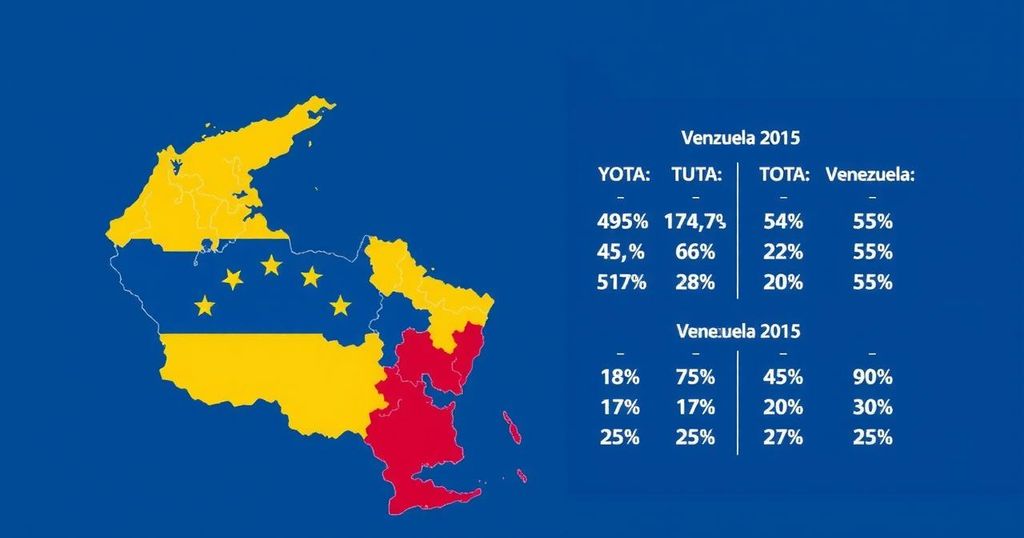UN Directs Venezuela to Preserve Election Vote Tallies Amid Fraud Claims
The UN Human Rights Committee has instructed Venezuela to preserve voting tallies from the disputed July presidential election amidst allegations of electoral fraud. The opposition, led by Edmundo González, asserts these records prove his victory over Nicolás Maduro. The CNE has faced criticism for not disclosing the tallies, while several countries have recognized González as the legitimate president-elect of Venezuela.
The United Nations Human Rights Committee has directed the Venezuelan government to maintain the voting tallies from the contested July presidential election, amid allegations of electoral fraud. These tallies, which outline the votes from individual polling stations, are crucial in ascertaining the legitimacy of the election. The National Electoral Council (CNE), which is aligned with the government, has been criticized for declaring President Nicolás Maduro the victor without presenting the necessary voting records.
In contrast, the opposition, led by Edmundo González, claims that it gathered over 80% of the voting tallies, indicating that González won with approximately 67% of the votes, while Maduro received only 30%. The CNE has not disclosed these tallies, citing a computer hack on election night as the reason for their delay in reporting the results, which were expected within a statutory 30-day period. While the opposition published its data, Maduro has vehemently dismissed these claims as fraudulent.
The Human Rights Committee’s investigation was initiated in response to a complaint from a Venezuelan voter, urging the preservation of electoral data which may clarify the outcome. Numerous countries, including the United States and several Latin American nations, have recognized González as the legitimate president-elect, contrasting sharply with Maduro’s claims. The implications of the committee’s findings could significantly impact the political landscape in Venezuela, potentially confirming that Nicolás Maduro is not the legitimate president.
Venezuela has been embroiled in a political crisis following the July presidential elections, which were marred by accusations of fraud and irregularities. The National Electoral Council, perceived as forming an extension of Maduro’s regime, declared him the winner despite a lack of transparency regarding the voting tallies. The political conflict has been exacerbated by split recognition internationally, with several countries supporting the opposition candidate, Edmundo González, based on evidence provided by election observers. The UN’s involvement signifies global attention on the situation, highlighting grave concerns for electoral integrity and human rights in Venezuela.
The UN Human Rights Committee’s order to preserve Venezuela’s election vote tallies underscores the international community’s concern about the legitimacy of the July presidential election. The opposition’s claim of winning, supported by independently gathered data, presents a stark contrast to the declarations made by Nicolás Maduro and the CNE, which have faced growing scrutiny. The ongoing investigation may ultimately challenge Maduro’s presidency and reshape the political future of Venezuela.
Original Source: www.bbc.com




Post Comment